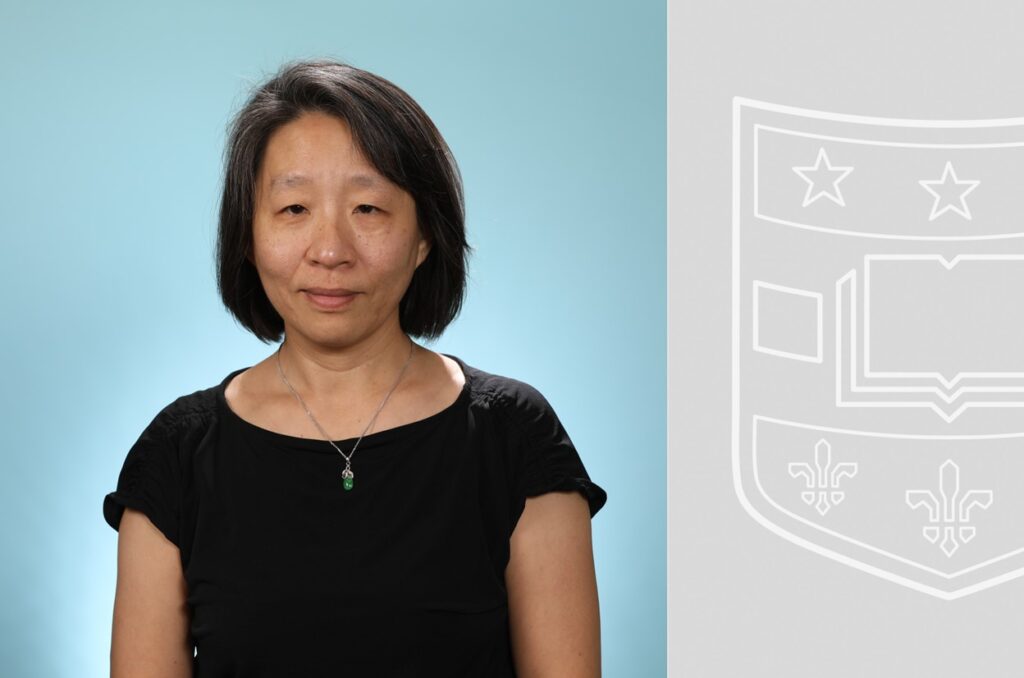Dr. Ju-Fang Chang joined the Department of Medicine in the Division of Oncology as an Assistant Professor in July 2024. Her research focus is to overcome barriers in immunotherapy by incorporating insights from protein structural biology. Dr. Chang received bachelor’s degrees in Physics and Biology from National Tsing-Hua University, Taiwan. After graduating, she was awarded a scholarship to pursue her M.Phil and Ph.D. in Biochemistry at the University of Cambridge, UK. She then completed her postdoctoral training in protein structural biology from Harvard University, USA. Eager to extend her training to human diseases, she won a career transition award from Human Frontier Scientific Program and travelled to CNRS, Universite Paris 6, Paris, France as a visiting scholar. Following this, she returned to USA to study neuroscience in Washington University in St. Louis (Wash. U), USA.
During her ten-year career break for family reasons, she read articles about chimeric antigen receptor (CAR-T) based immunotherapy. CAR protein design struck her in its conceptual elegance and the abundant possibilities it presented. Yet, she couldn’t help but notice the structural imperfections that could compromise clinical efficacy. Through in-depth protein structural analysis, she became motivated to develop other types of the synthetic receptor and proposed to work on these protein designs when she returned to WashU in 2020. These efforts have yielded several patent applications and two first-author publications (Cancer Discovery 2024, Cancer Immunology Research 2024). Dr. Chang is a protein structural biologist with multidisciplinary training in immunology and cell biology. Her work includes several first-author publications across different fields.
Previously, Dr. Chang applied various biophysical methods to study how transcriptional factors regulated immunoglobin gene expression in molecular detail (Biochemistry 1999, J. Mol Biol 2000). She also solved a protein structure involved in gene silencing using X-ray crystallography (Structure 2003). She published on how DNA methylation regulates neuronal function (PNAS 2010), and the mechanisms of axonal degeneration and neuronal polarization (JCS 2009). Her research training and experience have provided her with expertise that bridges protein structural biology and immunology. Proteins are central players in all kinds of biological reactions. Her long-term goal is to understand how immune proteins function in structural details and apply this knowledge to develop novel strategies for cell therapies against cancer.
